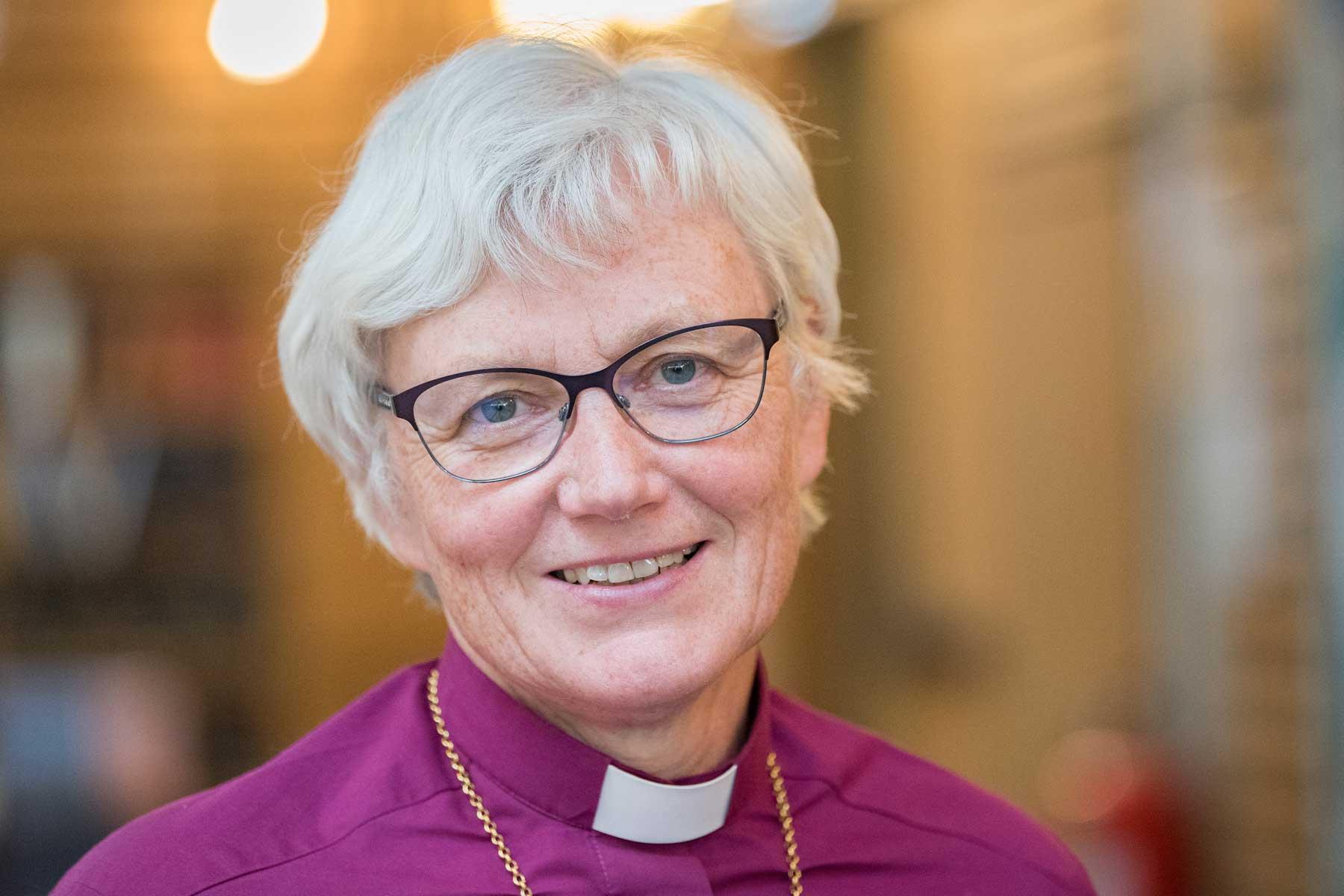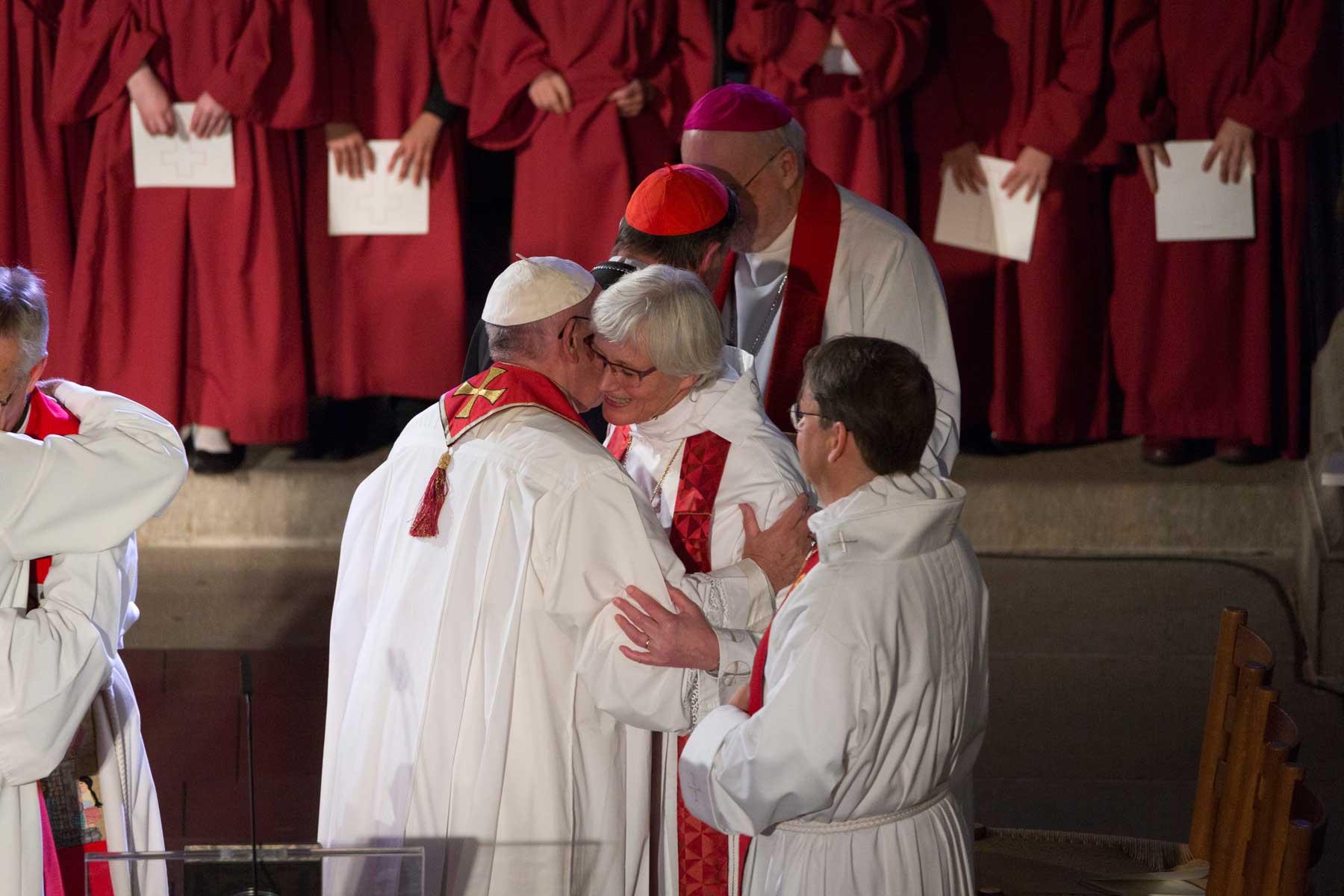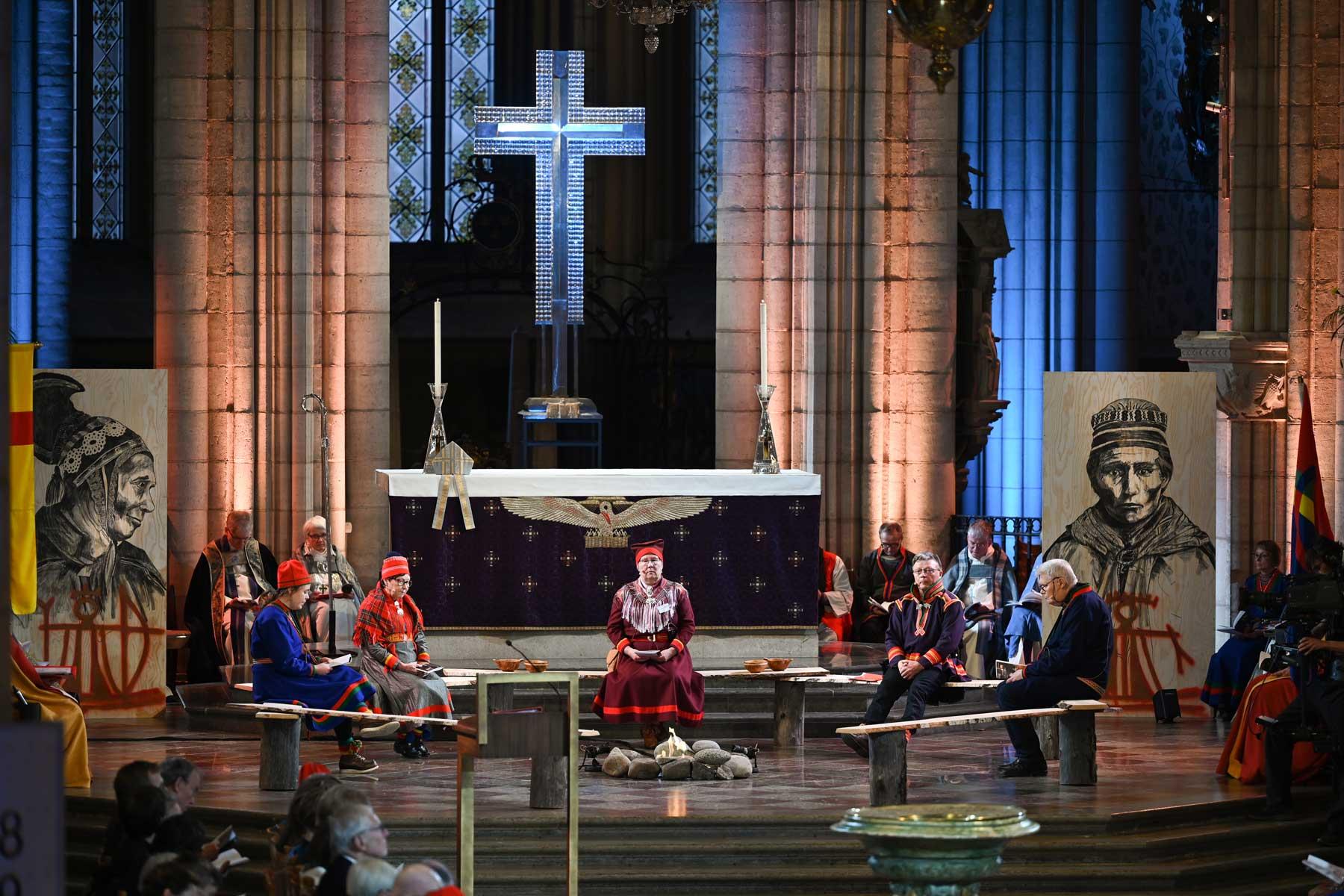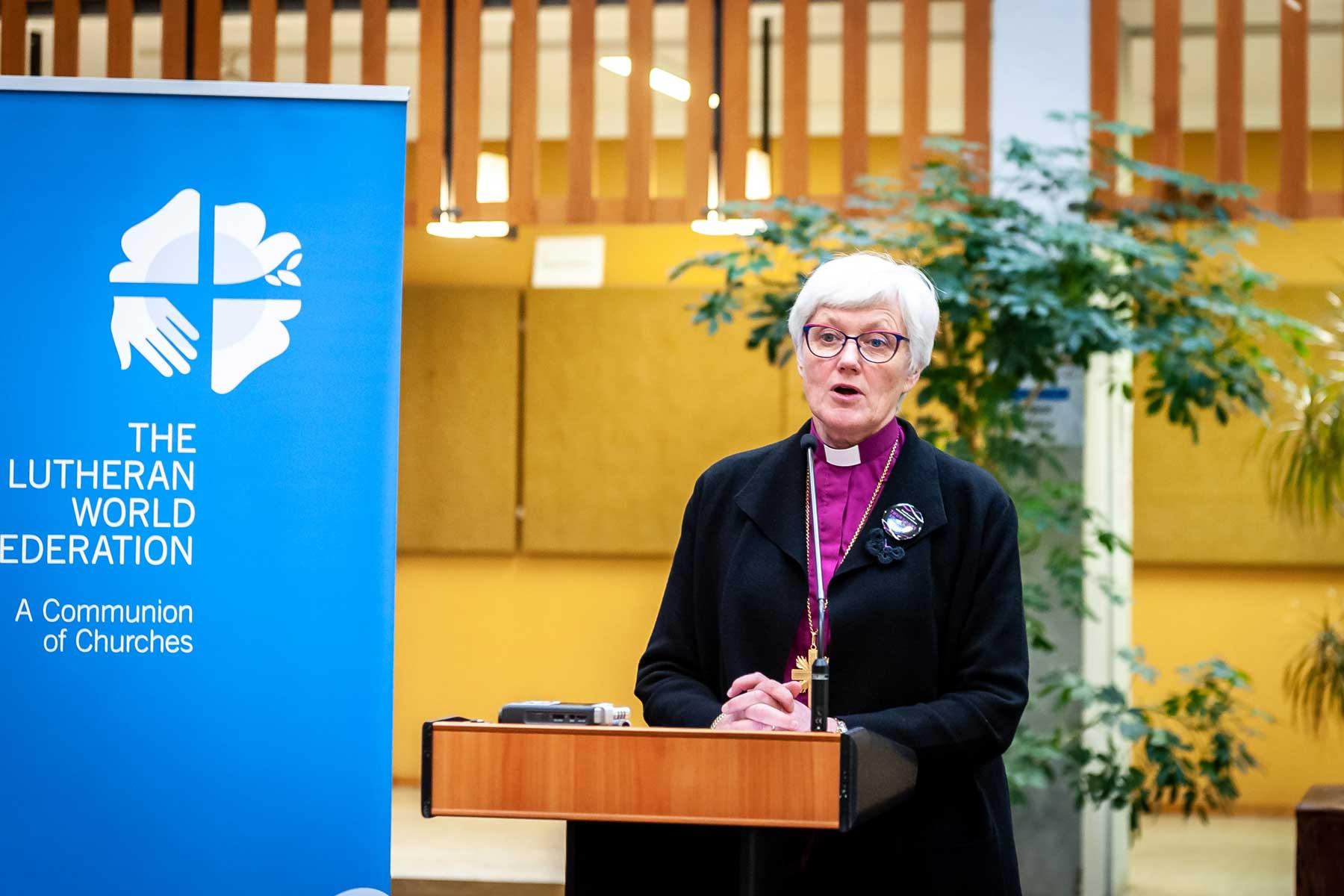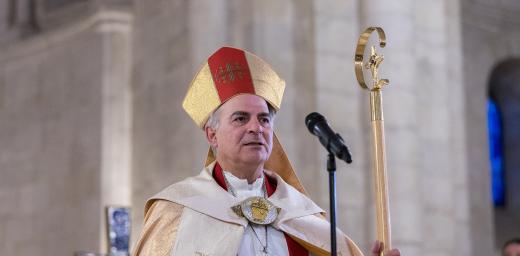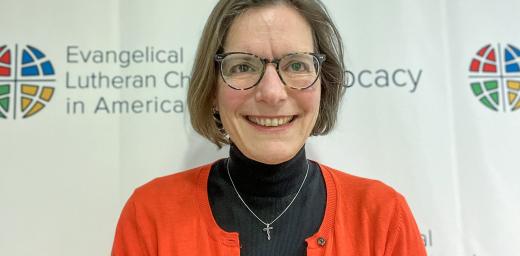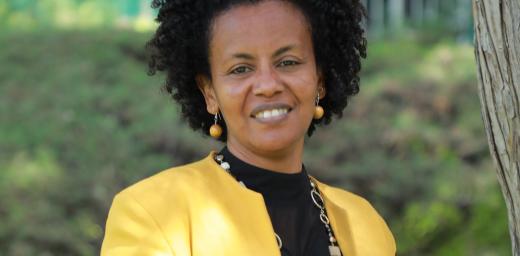I also have to mention the Truth and Reconciliation process with the Sami people, which started long before I became archbishop, but I was able to offer an official apology during the liturgy in Uppsala Cathedral, the symbolic center of power. We are going to express it once more in Sápmi [at a conference in Luleå on 21-23 October] and we are determined to work diligently with the commitments we have agreed upon. It is an ongoing process but I am so grateful we have taken these important steps.
I am so grateful, as well, that over these years there has been a growing awareness that the climate crisis is also a spiritual and existential crisis – that is another important development that the church has played a part in.
Yet, at times, you have been targeted for your views on social media and had to retreat from Twitter because of the hate speech you received, haven’t you?
Yes, the hate speech has been very challenging, also because of how social media platforms have developed and multiplied over these years and I am the first Church of Sweden archbishop since this widespread breakthrough began. I think it is important to remember that when book printing began, they did not just print nice books, but also hate pamphlets and we know that Martin Luther himself was not immune from this!
We also know that women in leadership are more exposed to hate speech than men. The problem is not only that it is directed at you, but it also affects all those who follow you on social media. Hate speech can make our views appear polarizing, when all we are doing is standing up for mainstream Christian values, so it takes effort to stay focused and resist self-censorship.
What advice would you give to others who are being targeted in similar ways?
It is always good to have people to consult, because if you are alone, it can be hard to maintain a sense of proportion. Other people help to build your resilience, but it may be necessary to take a break and to restrict the possibility of people responding to your tweets. I found that so hard because listening and being empathetic is part of my pastoral identity, but social media forced me to put up a shield to protect myself.
You were the first woman elected as leader of your church – what progress have you seen over this time for women’s rights, both in your own church and in the wider Lutheran world?
In the exhibition to mark the LWF’s 75th anniversary, there is a beautiful photo of Prasanna Kumari, who was a doctoral student in Chicago when I was there [as a professor at the Lutheran School of Theology]. I heard about her struggles, also in the LWF, for women to have access to decision-making, so I think a lot has happened since then. I believe gender justice work is important and has led to progress, but of course, there are backlashes too.
I celebrate the recent ordinations of women for the church in Poland and I remember also the joy that people showed when I was elected. We shouldn’t forget the joy, but the patriarchal reflexes are so deep and have taken centuries to take hold, so we have to keep working and not take anything for granted.
What would you say to women who still suffer from discrimination in the church?
I think partnerships with both women and men are important for this work and also the examples of role models. We need updated models of masculinity and we should not underestimate the power of narratives to change attitudes. Even if there are backlashes, it is important to remain hopeful and know that the movement for equality is irreversible in the long run.
Patriarchy is one of the destructive ‘five Ps’ that you often speak about [alongside populism, polarization, protectionism and post-truth]. Which of these worries you most and what can the church do to combat them?
It is the destructive synergies of these five together that is most worrying, but I think there is a lot that the church can contribute to counteract and challenge them. To combat polarization, we need a healthy culture of dissent. The opposite of polarization is not unity or uniformity, but a healthy way of dealing with differences and we need to foster that culture.
Populism works by provoking negative emotions and so we must insist on being more matter of fact. We can also stand against protectionism by being a global communion, by fostering ecumenical and interreligious dialogue, by showing a multifaith response of solidarity to those in need. We know that speaking the truth to power in complex situations requires a lot of work and courage, but here too we have a lot to offer with our Lutheran hermeneutics and our tradition of interpreting scripture.


